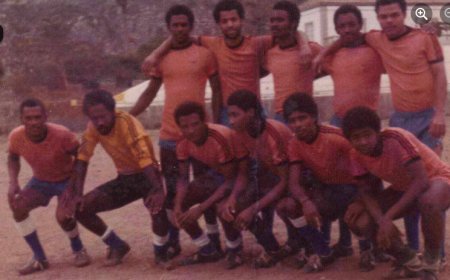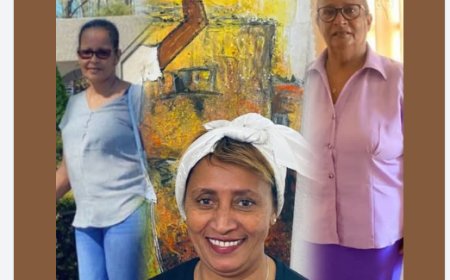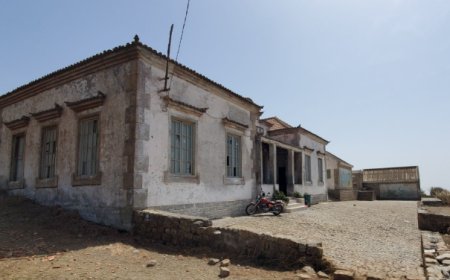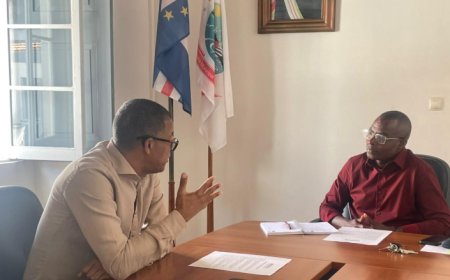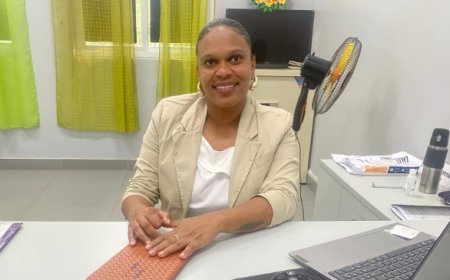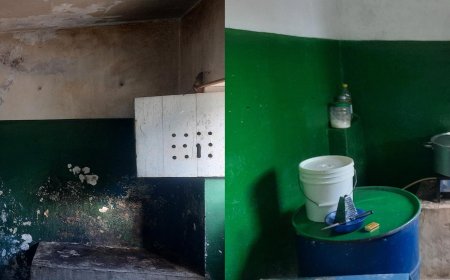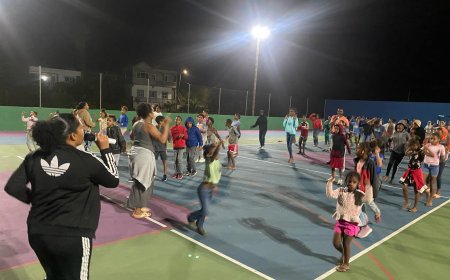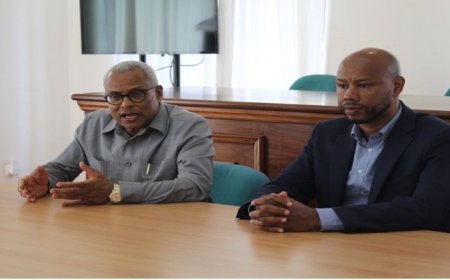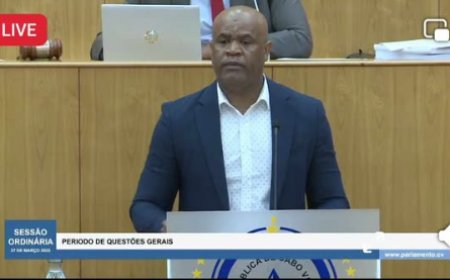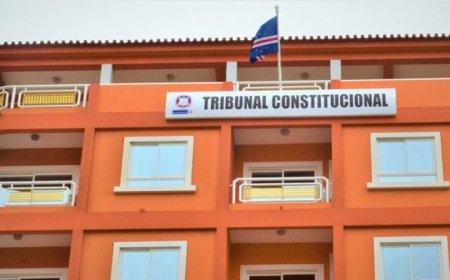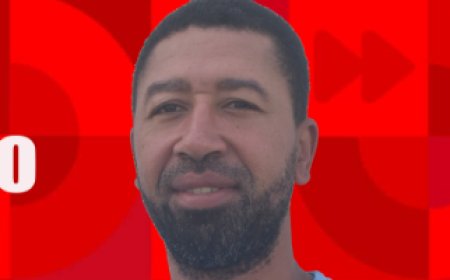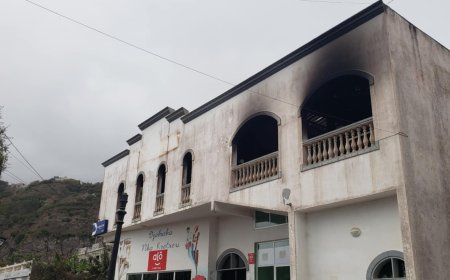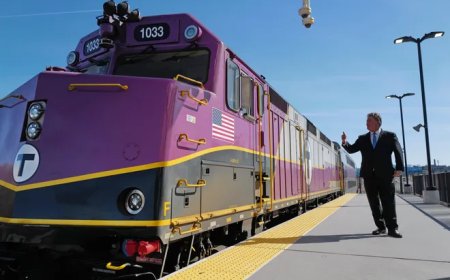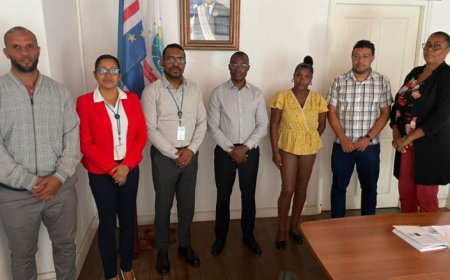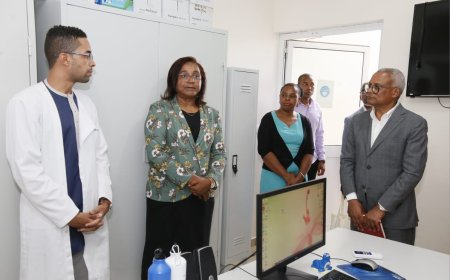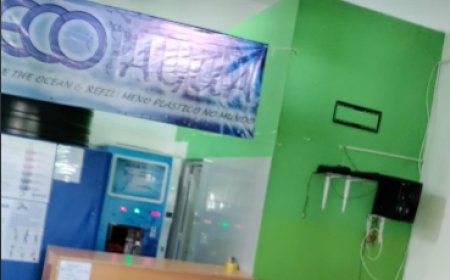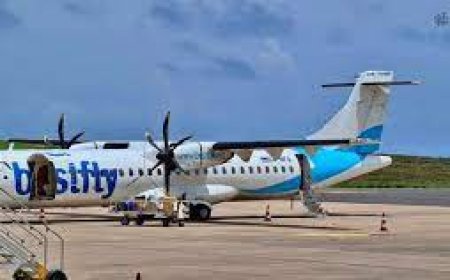Brava: Residents of Fajã d´Água fear a new isolation with the approach of the rainy season
The residents of the community of Fajã d'Água, on the island of Brava, demand urgent intervention from the Government, in order to avoid “tragic” episodes with the collapse of rocks on the local road as the rainy season approaches.
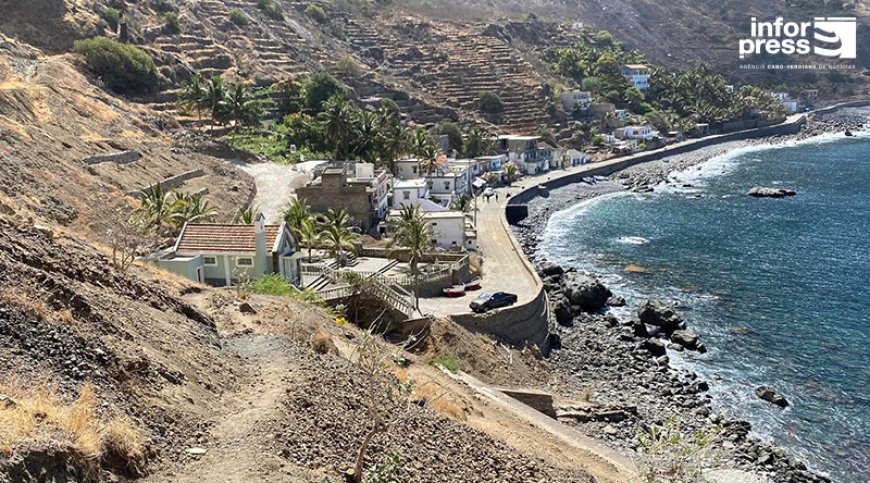
The locality has been completely isolated since the 21st of January, following a landslide that took part of the road, and soon afterwards, an alternative road was built for the circulation of people from that locality and for visitors who, even after isolation, they move to the area.
On the 19th of March, the road was reopened after some interventions that made it possible to improvise a carriageway.
However, in April, drivers complained about the danger that this section began to pose for users and residents, since it has not been maintained.
At the beginning of May, the Minister of Infrastructure paid a visit to the island of Brava and, according to the mayor of Brava, Francisco Tavares, in statements to Inforpress, the minister “determined the start of works to restore normal conditions to connections to the locality and security”.
However, in statements to the press, residents and drivers complained about the conditions that began, arguing that "these are not the appropriate conditions required by a work of this scale", and the works ended up suffering an interregnum and until then had not been completed. started.
Sónia Baptista, a resident of this locality, said that the situation remains the same, there has been no improvement work on the section of road where the landslide occurred and with the approach of the rainy season, the community is apprehensive with fear of another landslide .
Because, as he highlighted, there are children, there are elderly people, and the promise was that they would start the work in May, but until then nothing had been done, except for a group of boys who put it in the place to “play” and then receive the money. , because the work to be done on site is machine work, not pick and shovel work.
He also advanced that within the locality they depend on the sea and private works, but there is no other alternative.
Likewise, Luísa da Silva is a resident of this locality, who, unlike the other interviewee, is already an adult and to get around she has to use a wheelchair, a factor that increases her concern even more, because if the locality returns to being isolated says not knowing what to do.
He stressed that he cannot go up the pedestrian path that was built at the time of the landslide, and with the fall of rains, the place will be in a more complicated situation, because it is all made of degraded land.
Last June, the mayor, Francisco Tavares, in an interview with Inforpress, acknowledged that the works to be done will not be "easy", adding that it is an area of about 65 meters, but that it requires heavy machinery and the construction of walls that at certain points exceed 10 meters in height, requiring that the base itself be at least three meters wide.
But, regarding the start of the works and the state of the road section that is in a critical state, he said that he has exhausted the need to ask the Government and warns of the need to carry out this intervention, adding that he has information that the rock workers will reach the Brava next Monday.
Likewise, regarding the promise made by the minister to sign a protocol with the local authority to complete the requalification of the Historic Center of Nova Sintra, mainly Rua Direita, there are also no signs of effectiveness so far.








